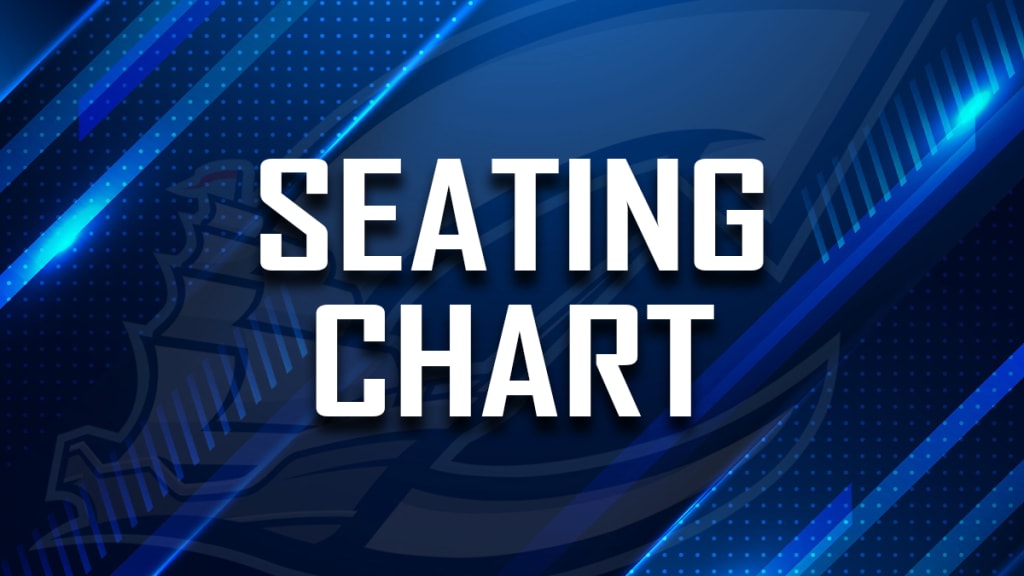


For nearly a century, starting in the 1870s with the founding of the Columbus Buckeyes, baseball was a fixture of life in Columbus. The story of the Columbus Clippers begins with loss. Are they investment vehicles for the wealthiest people in the world, or can they be something more like a public good, not so different from a park or museum? The case for public ownership centers on a total reimagining of what sports teams are and who they are for. The horizon for fans who want some influence over what happens to their favorite team extends no further than a city council chamber, where they are occasionally permitted to choose between a pair of losing options: either they urge their local government to hand over millions of dollars to keep a team in town, or they encourage their leaders to refuse, thus hastening the team’s exit from the city.
#Columbus clippers tickets on sale tv
Even the one tool that fans do have, the ability to boycott, has seen shrinking returns as ballooning TV contracts rather than ticket sales increasingly prop up the business of sports. Ticket prices and the reinvestment of their team’s revenue are totally out of their control.

Fallone, a professor at Marquette University Law School who wrote a paper on fan ownership, “as opposed to the never-ending merry-go-round of teams leaving for larger media markets or getting purchased and moved by a new owner.”įor as much as fans dedicate themselves to their teams, they lack a real say in what happens to those franchises.

“When the community owns a team, it tends to stay in the community,” said Edward A. This is not something that fans of the Clippers need to worry about. Running a franchise is an eccentric hobby for some and a profit-extractive venture for others, but it is also, time and time again, a bargaining chip: Private owners have spent much of the last century using the threat of relocating a team as a cudgel to extort tax breaks or stadium upgrades from local governments. A multi-billion-dollar hedge fund, Arctos Sports Partners, holds stakes in 12 major American sports teams, including the Boston Red Sox. Today, individual billionaires like Jerry Jones-and, increasingly, private equity firms-own many of the country’s major sports teams. “We’re not bottom-line oriented.”Īs a publicly owned team, the Clippers are something of a rarity in sports. “Our mandate is to be affordable, wholesome family entertainment at family pricing,” Ken Schnacke, general manager of the Clippers, told me. Franklin County, in which Columbus is its most populous city, runs the team, making it one of the only franchises in the country where maximizing profit is secondary to ensuring community access and participation. But the Columbus Clippers owe their relative affordability to their unique governing structure: They are publicly owned. The Clippers are a storied minor-league franchise, an affiliate first of the Yankees (1979-2006) and now the Cleveland Guardians (2009-present) that once had Derek Jeter on its roster. When the modern incarnation of the Clippers formed in Columbus, Ohio, a ticket was $5. Between 1977 and today, things have gotten exponentially more expensive: groceries, cars, housing prices, a cup of coffee in the morning-basically everything, it seems, except the cost of seeing the Columbus Clippers, a Triple-A baseball team, play in person.


 0 kommentar(er)
0 kommentar(er)
